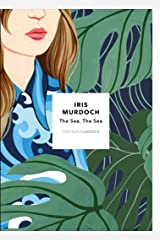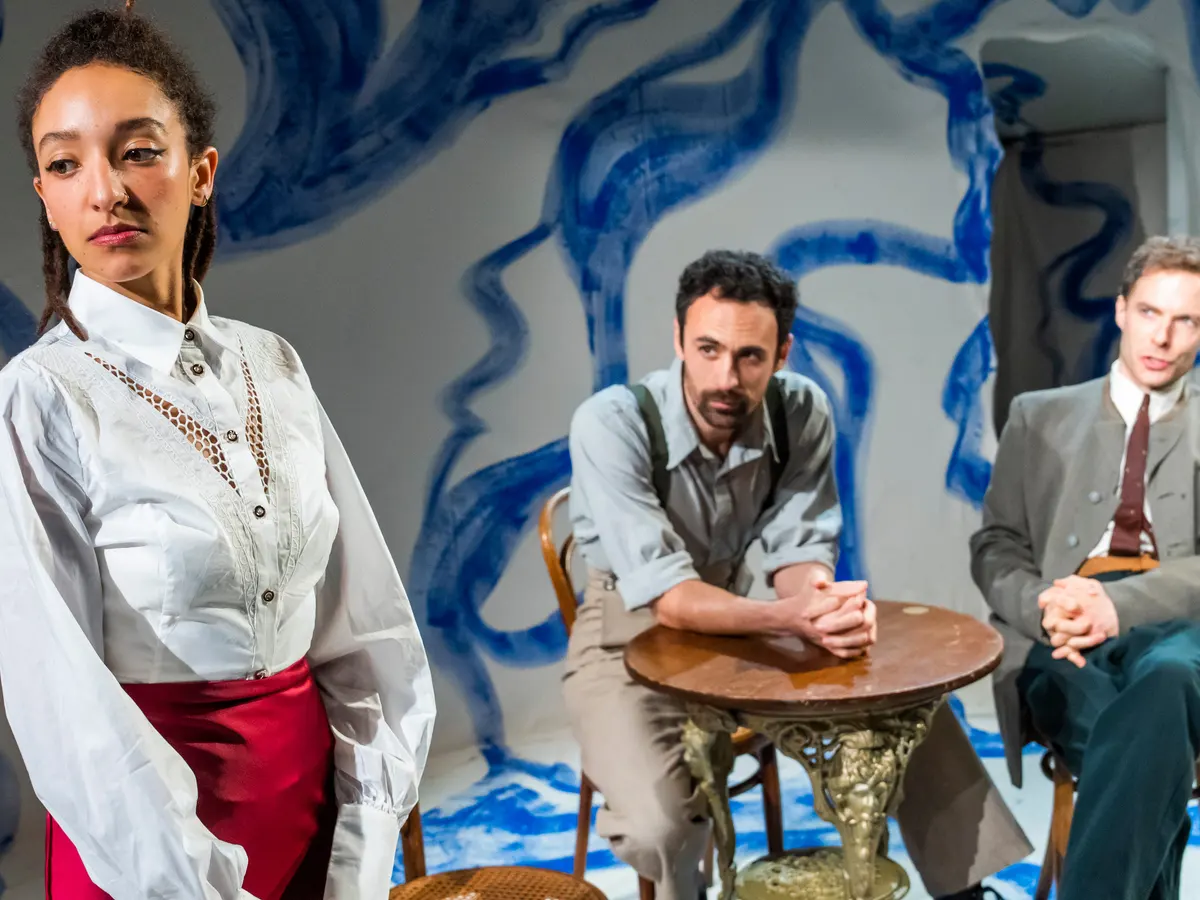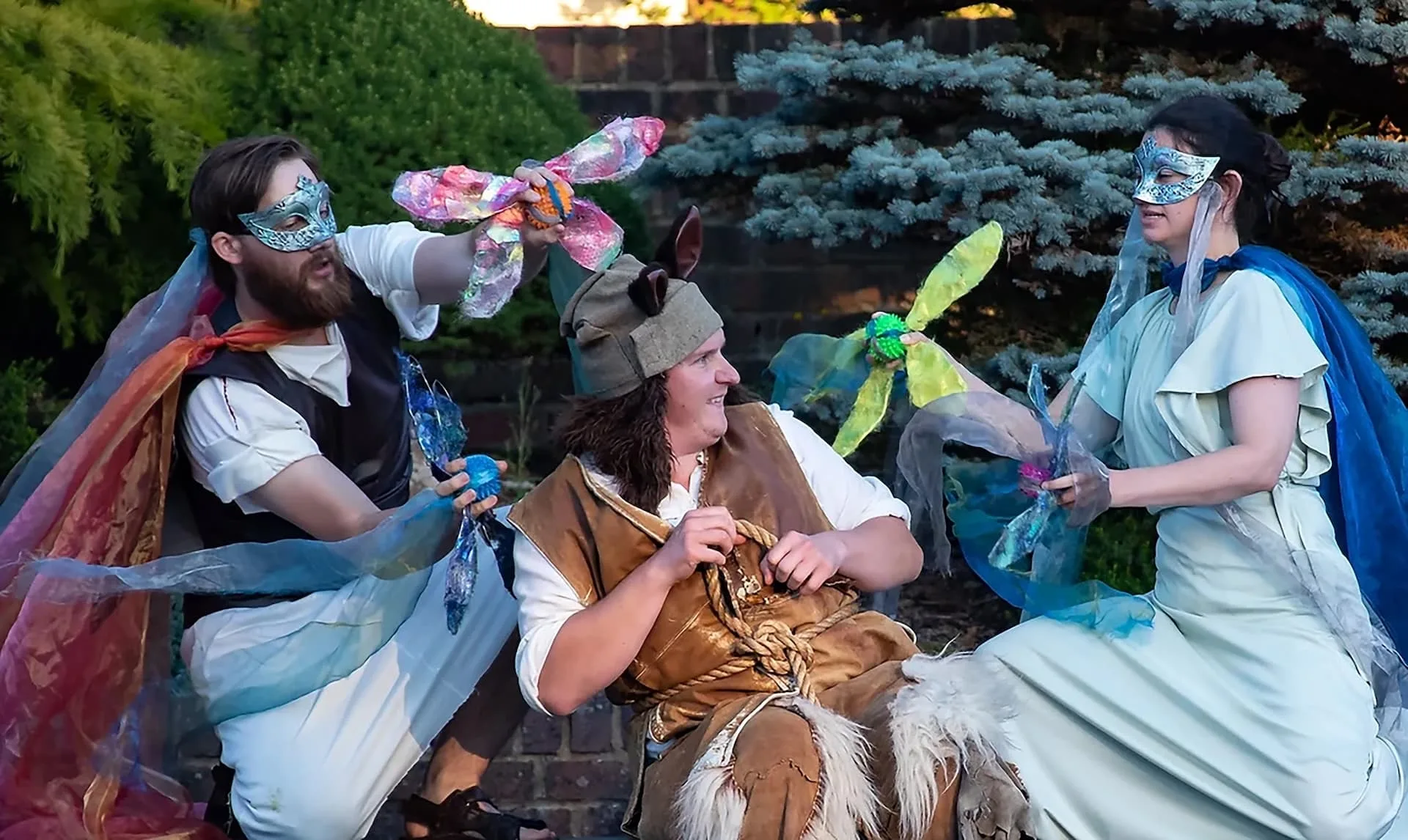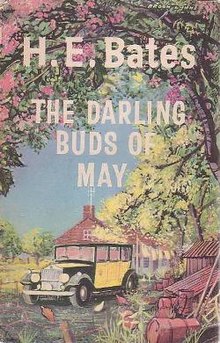
A dear, pretty well-read friend, a generation older than me used to scoff at me in the 1970s, when we worked together, for reading what he called “predictable fiction”. I’d just discovered Mazo de la Roche at the behest of my new mother-in-law and grandmother-in-law and was working my way through the Jalna series from the library – yes, I was very young. Anyway my friend was always teasing me and extolling the virtues of Iris Murdoch because, he said, you could never tell what her interesting characters might do next. In the end I read two or three of her classics and thought they were all right but, frankly, implausible and not likely to become part of my regular reading fare.
Then, recently, a contemporary friend mentioned Murdoch (1919-1999) and asked if I’d read any lately because she hadn’t. That conversation sparked my curiosity and I bought in paperback The Sea, The Sea. It won the Booker Prize in 1978 and I’d never read it. It was her 19th novel and, always highly regarded by the literati, Murdoch had been shortlisted for the Booker four times before.
Charles Arrowby, the narrator, has bought a run down property without electricity in a south coast village just a few yards from rocks leading to the sea. He is in retreat from his life as a famous actor and theatre director and from relationships with women which have never worked out conventionally. Love and loss are uppermost in his mind. He swims regularly although the sea is pretty dangerous by his house. The clue is in the title and, whatever my old friend said about unpredictabilty it’s pretty obvious from the start that the sea isn’t always going to be benign in this novel.
Arrowby’s narrative is presented as a diary and he writes at length and with much density about the people in his life, mostly from the world of theatre. Apart from Clement, a woman he loved deeply, now deceased, one by one they turn up to visit him – several times in most cases – as this long novel (538 pages) inches forward. Cue for interesting, if unlikely, group dynamics.
Meanwhile, Arrowby meets an elderly woman in the street and recognises her as Hartley, the love of his teenage years who unaccountably abandoned him decades before. She’s living in a bungalow up a road with a husband who Arrowby convinces himself is abusive. So he determines that she must be rescued. To this end he pesters her relentlessly and cunningly, at one point kidnaps her. Separately he befriends her adopted son, Titus. It is, in effect the study of an obsessed mind in breakdown. He describes minutely, for example, every garment everyone wears and the continual accounts of what he has cooked and eaten are telling.
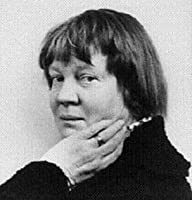
Every Murdoch novel I’ve ever read has left me exasperated at the overwrought phoneyness of it all and this one was no exception. And yet … there is an intelligence in the writing and something alluring in these strange characters (actually Hartley’s husband Ben is about the most “normal”) which kept me turning those 538 pages. Murdoch was, after all, a philosopher by training and her writing is a lot more than simple story telling.
I’m not sure it would win the Booker Prize now. Some modern judges from different fields in life would find it turgid and of course it’s pretty dated. As a piece of literary history, however, it’s worth investigating.
Next week on Susan’s Bookshelves: The World’s Worst Pets by David Walliams